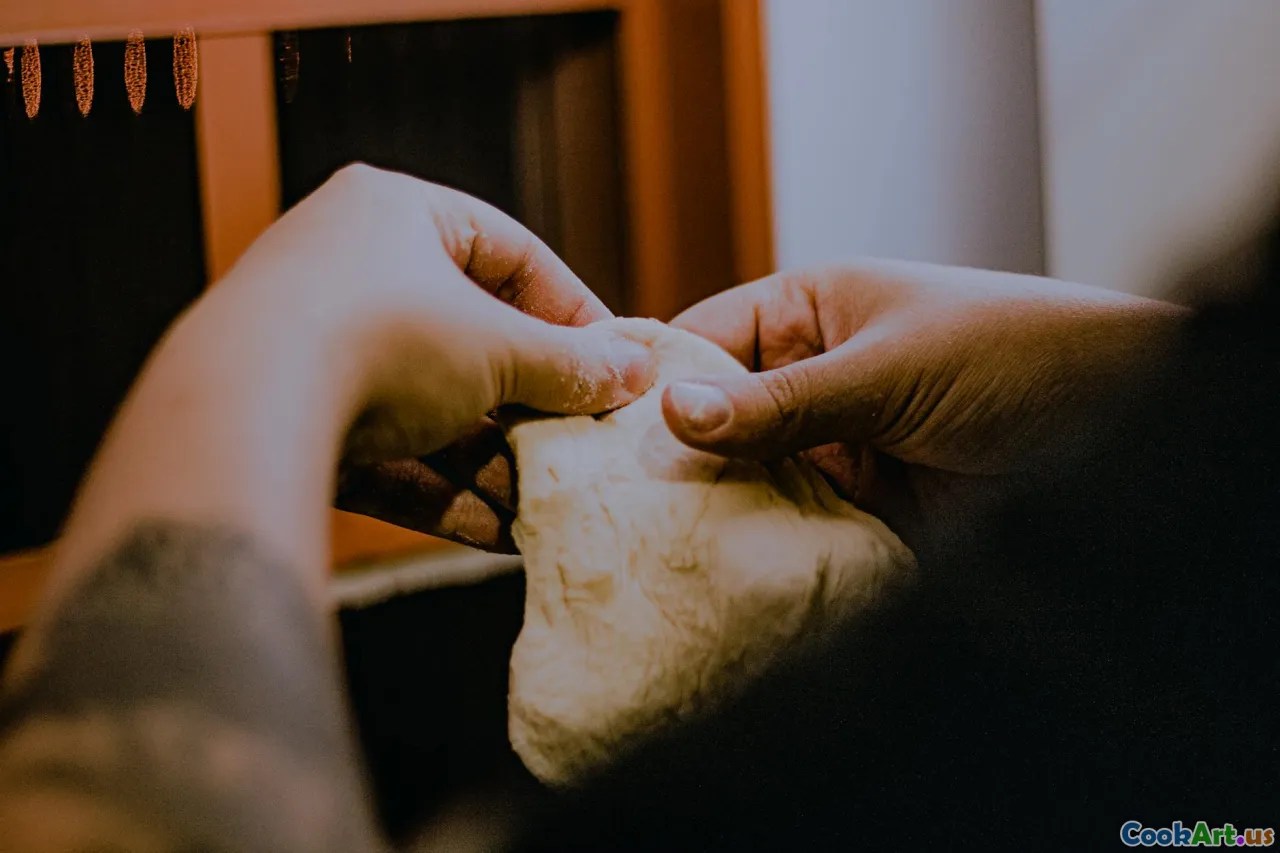Essential Techniques for Home Cooks
6 min read Unlock essential cooking techniques to elevate your home cooking game with practical tips and culinary insights. April 07, 2025 12:45
Essential Techniques for Home Cooks
Cooking at home can be an exhilarating experience, especially when you wield the right techniques that elevate your dishes from ordinary to extraordinary. In this article, we’ll explore essential cooking techniques that every home cook should master, helping you to not just prepare meals, but to create culinary masterpieces.
1. Understanding Mise en Place
The French term mise en place, meaning "everything in its place," is the cornerstone of efficient cooking. Before you begin any recipe, gather all your ingredients, tools, and equipment. This technique streamlines the cooking process and minimizes mistakes. Take a moment to chop, measure, and organize; it will save you time and reduce stress while cooking.
2. Searing: The Art of Browning
Searing is a technique that creates a flavorful crust on meats, enhancing both texture and taste. To achieve the perfect sear, heat your pan until it's hot and add a small amount of oil. Place your protein in the pan without overcrowding it to ensure even cooking. Allow it to cook undisturbed for a few minutes before flipping. This will create that coveted Maillard reaction, which adds depth to your dish.
3. Emulsification: The Key to Sauces
Understanding emulsification can dramatically improve your sauce-making abilities. An emulsion is a mixture of two liquids that normally don't combine, such as oil and vinegar. When making dressings or sauces, slowly drizzle oil into your acidic component while whisking vigorously. This process will create a stable emulsion, resulting in a creamy and flavorful sauce.
4. The Power of Resting
Whether it's meat, bread, or baked goods, resting is a crucial step often overlooked. When you remove items from heat, they continue to cook due to residual heat and the juices redistribute, ensuring moist and flavorful results. For example, allow roasted meats to rest for 10-15 minutes before slicing to lock in juices and improve texture.
5. Knife Skills: Precision Matters
Good knife skills are essential for efficiency and safety in the kitchen. Start by mastering the basic cuts: julienne, dice, and chiffonade. Use a sharp knife and practice your technique regularly. This not only speeds up your prep work but also ensures even cooking and professional-looking presentations.
6. Temperature Control
Understanding cooking temperatures is vital for achieving the desired doneness in meats and baked goods. Invest in an instant-read thermometer to check the internal temperature of proteins. For instance, poultry should reach 165°F (74°C), while medium-rare beef is ideally at 135°F (57°C). Accurate temperature control can prevent undercooking or overcooking.
7. Flavor Building: Layering Ingredients
Building flavor is an art that involves layering ingredients. Start with aromatics like garlic and onions, then add spices and herbs at different stages of cooking. This technique enhances the overall taste and complexity of your dish. Remember, seasoning at each stage is key—don’t wait until the end to salt!
8. The Importance of Tasting
Never skip tasting your food throughout the cooking process. This habit allows you to adjust flavors as you go, ensuring your final dish meets your expectations. Use a spoon to taste, and don’t be afraid to adjust seasoning, acidity, or sweetness based on your preferences.
9. Cooking Methods: Know Your Techniques
Familiarize yourself with various cooking methods such as braising, poaching, and roasting. Each technique imparts unique flavors and textures to your food. For example, braising combines both wet and dry heat, making it perfect for tough cuts of meat, while poaching is a gentle cooking method that helps delicate foods retain moisture.
10. Experimentation and Creativity
Finally, don’t be afraid to experiment! Cooking is as much about creativity as it is about technique. Use seasonal ingredients, try new flavor combinations, and adapt recipes to suit your tastes. You might discover a new favorite dish along the way!
Conclusion
Mastering these essential techniques will not only improve your cooking skills but also build your confidence in the kitchen. Remember, every great chef started as a beginner, and the joy of cooking comes from both practice and passion. So gather your ingredients, don your apron, and embark on your culinary adventure!









